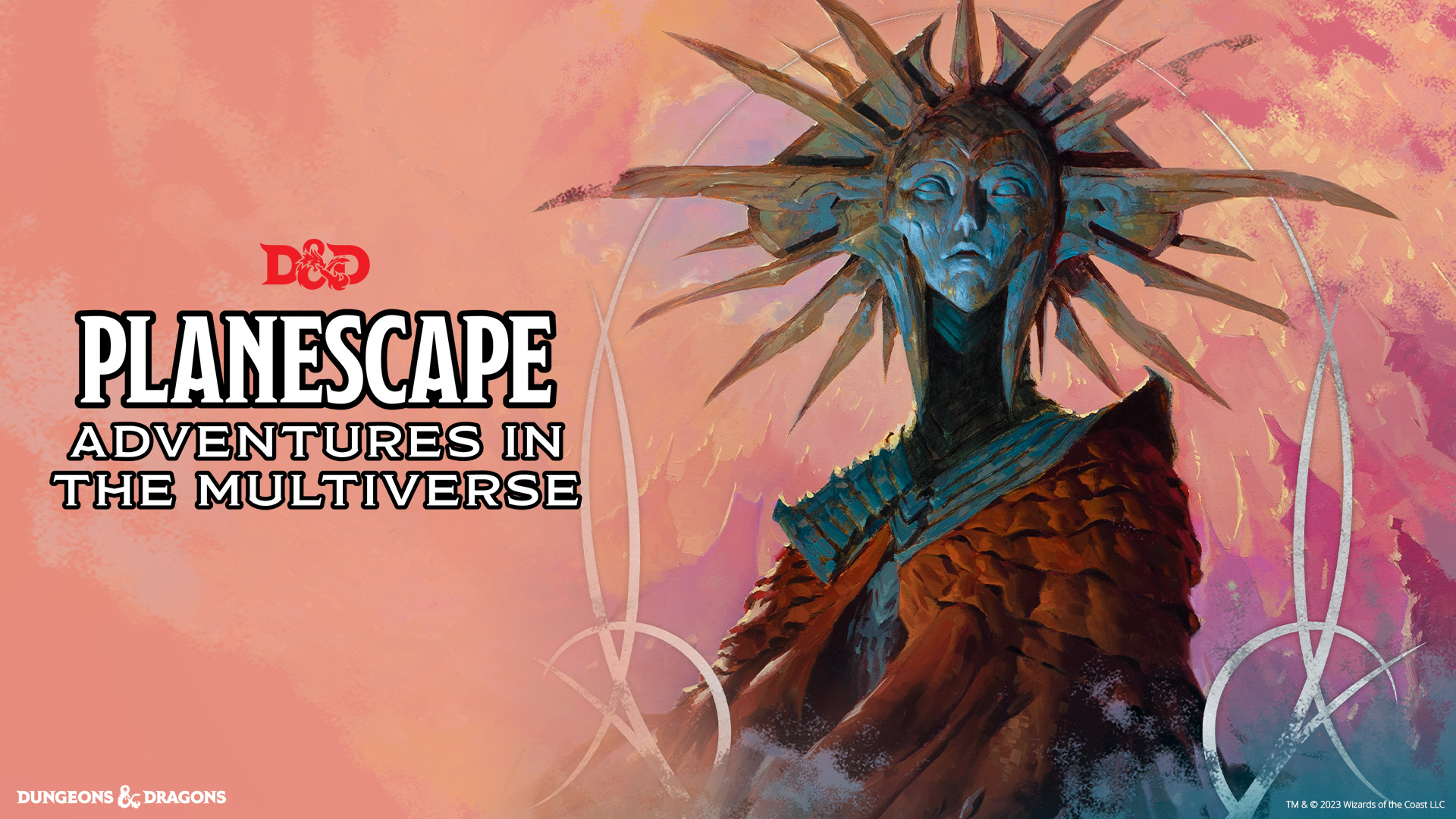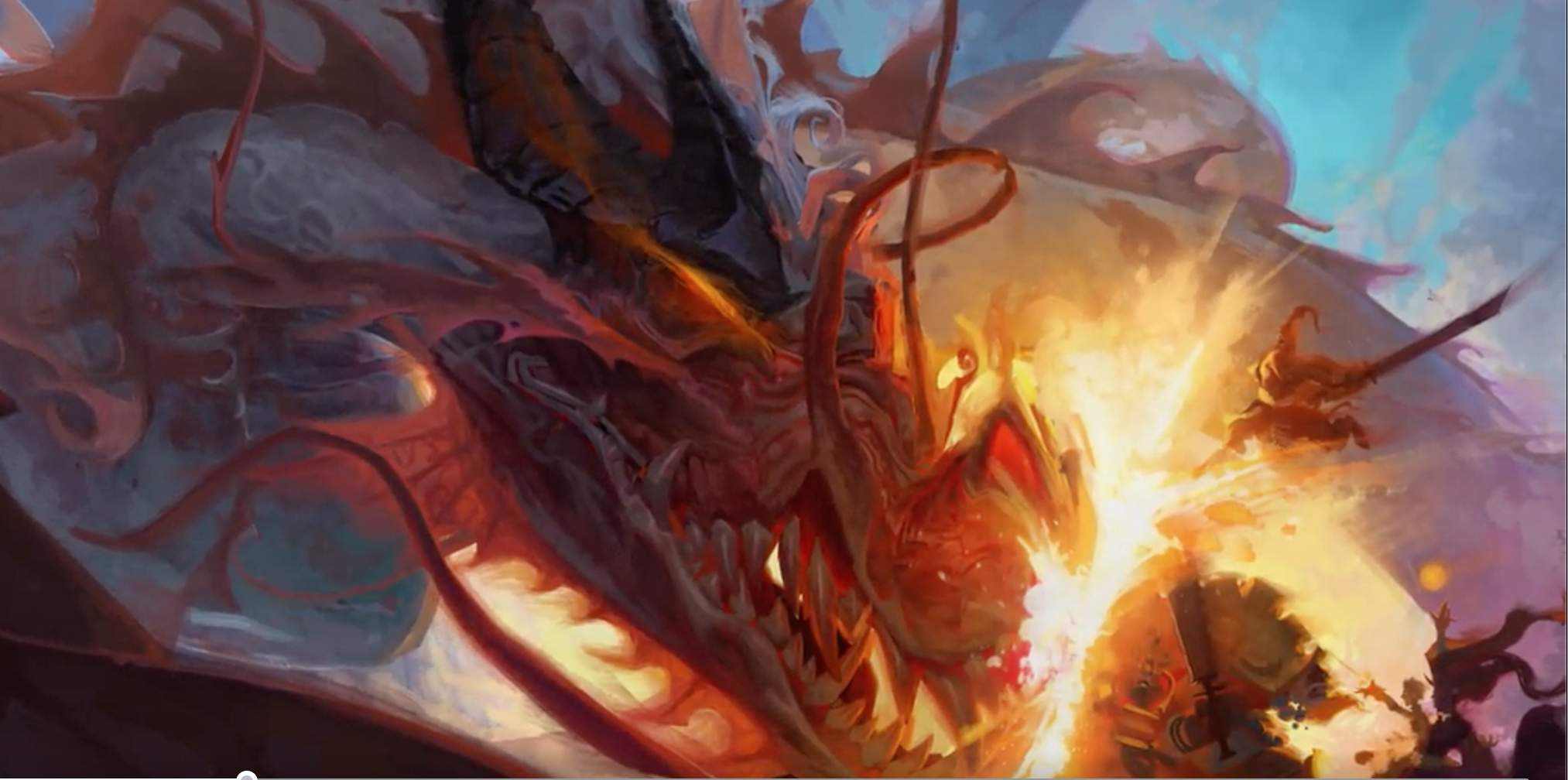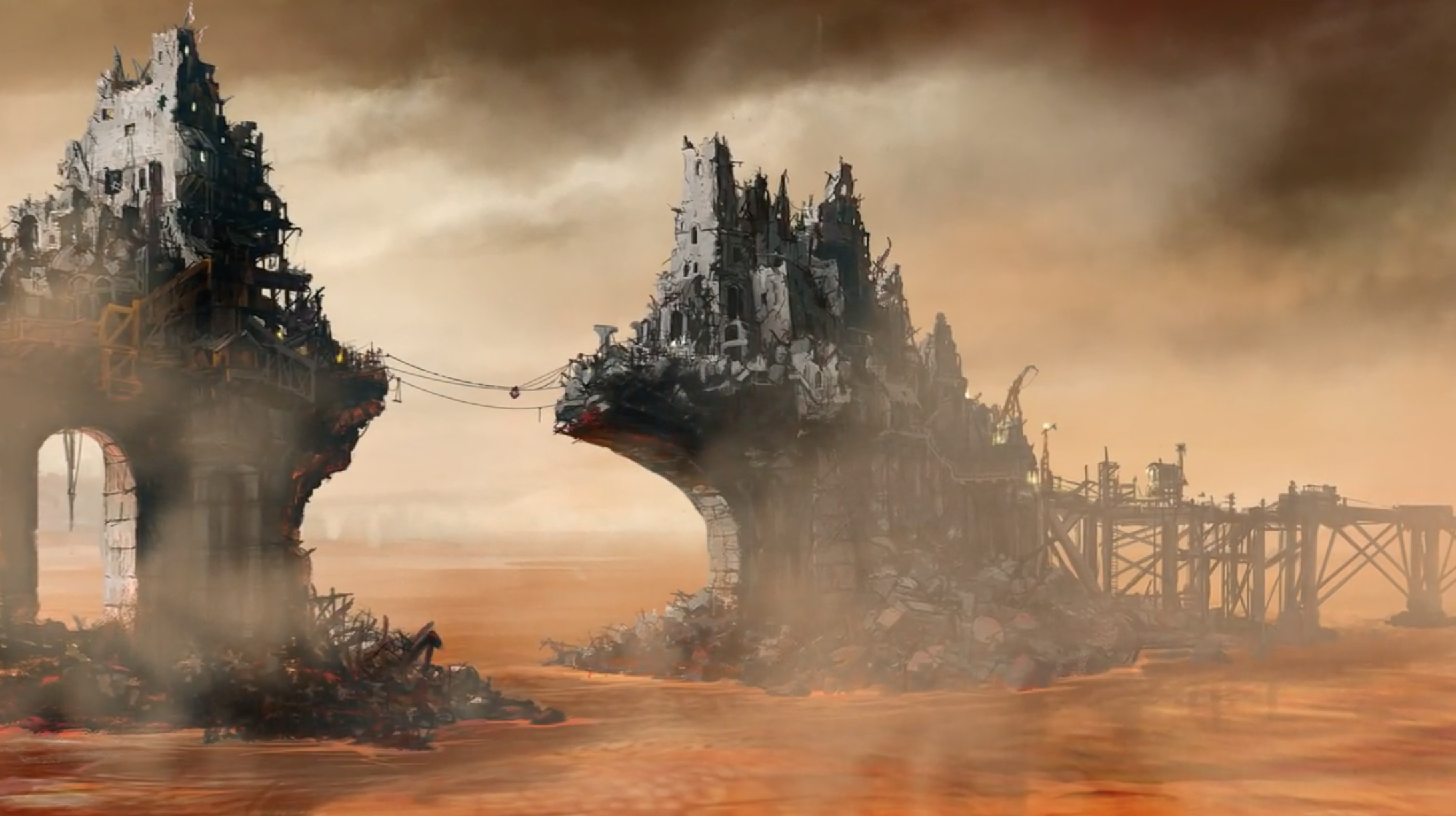So – you want to run a political intrigue session or campaign. It can be very intimidating to jump into this kind of game because it implies very complex political systems the party will have to face. It can make Game Masters feel like they have to crack the history tomes just to figure out how it all works.
However, you shouldn’t need to know everything about world history to know how to run a political game. It may look like chess, but I promise it isn’t. Let’s go over all the stuff you really need to keep in mind as you start preparing your sessions.
The Enemy of My Enemy
Political games are, above all things, stories about relationships. It’s about getting allies, determining who your enemies are, and cutting them out of the equation before they do the same to you.
Start with the context. What is the problem? Don’t go into the minutiae of every little thing, broad strokes are key here. Is there war? Is there economic strife in the country? A new religion popped up that people are concerned about?
Establish who the players are. Just include the people who would get involved in the issue, both publicly and secretly. Create a little bit of context about who they are and what they do.
There are two very important things to establish when defining characters. The first is: what does each character want? Most characters should want subtly different things. Allies might united under a common cause, but each ally might have a different idea about what happens after the alliance is completed. This offers possibility for betrayal or secret dealings.
The second thing to keep in mind is not a question, but a philosophy: if you want something done right, you’ve got to do it yourself. Someone may not be pulling the trigger when assassinating a key figure, but they better be the one writing the order. Everyone knows that bureaucracy is the death of efficiency, and obtaining power is the most dangerous game you can play. It needs to be done carefully. Also, it offers a paper trail for your players so they don’t become lost or confused about what lead to follow next.
The Bottomless Currency
Political games are all about obtaining power. Everyone wants a piece to achieve their own goals. Goals can range from: money, social currency, religious influence, political influence, economic influence, military influence, reputation/regard, authority, etc. Control or social mobility is the name of the game.
How can people achieve these things? You will first need to clarify whether this game is micro or macro scale. Micro scale is focused on individuals in a city, town, or region using their own tactics to achieve power. Think of a general attempting to become emperor, or a small cult trying to become the dominate religion in a country. Macro scale is when large groups and communities attempt to obtain power on a global scale. This could include war, revolution, etc.
By differentiating the scale, you can clarify what kind of tactics your NPCs or groups could be using. Would they use something outright aggressive or something subtle? Here are a list of common tactics that could be useful:
Micro:
- Blackmail
- Assassination
- Theft
- Bribes
- Performing heroic/notorious acts
- Offering a loan
- Revealing secrets
Macro:
- Enacting war
- Colonizing a region
- Sending religious missionaries to foreign shores
- Providing foreign aid
- Revealing secrets
- Crippling a foreign economy
- Establishing trade agreements
Many of these tactics require a ruthless lack of regard for human life and suffering. Why are the characters willing to allow this to happen? Consider the old saying: the road to hell was paved with good intentions. How far are the NPCs willing to go in order to achieve their goal?
Some Bits of Inspiration
If you take nothing else away from this article, I want to leave you with some inspiration that you can read or watch on your own. These works will help you see political intrigue plots in action, and offer unexpected ways to build conflict and find solutions.
- The Dune Series by Frank Herbert: Dune is all about the power of faith, religion, and the dangers of power. The series is six books long, but you don’t need to read all of them to get the good stuff. Even if you just read the first book, you will have plenty to work with. If you don’t have much patience for books, I highly suggest LPN Deep Dives: Dune. If none of these appeal to you, then just hold on until October 1st and see Dune on the big screen!
- The Baru Cormorant Series by Seth Dickinson: Who knew you could make accounting interesting? Baru Comorant is somehow able to make the dullest parts of politics fascinating. This is definitely where I would suggest people start if they have never encountered a fantasy novel with heavy politics.
- The Malazan Book of the Fallen Series by Steven Erikson: The Malazan series is a great look on how all the intricacies of power and magic meet. The series includes ten novels, each their own story about how empire can offer change in good and bad ways. Be warned ahead of time – these books are dense and can be a slow drive forward. I would suggest this series only to people who are really, really into political intrigue plots.
- Running the Game: Politics by Matthew Colville: Matthew Colville is a DM’s dream. He has a series called Running the Game, which covers everything you need to run D&D or any other RPG. His deep dive into politics is a very interesting take and definitely is worth the watch. Check out the playlist here on YouTube!
Get all board game news from The Bag of Loot! www.thebagofloot.com
Get all your board game needs from Three Kings Loot! www.threekingsloot.com




